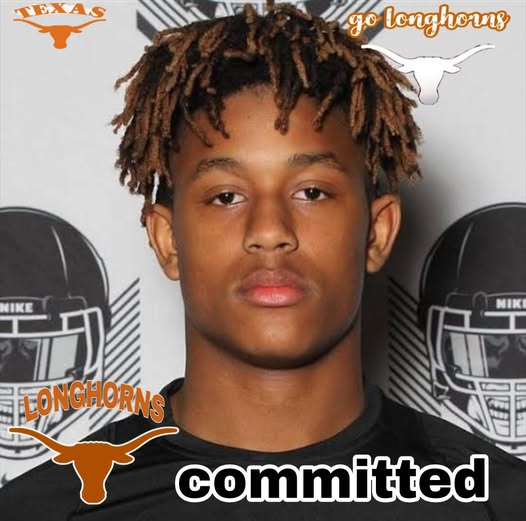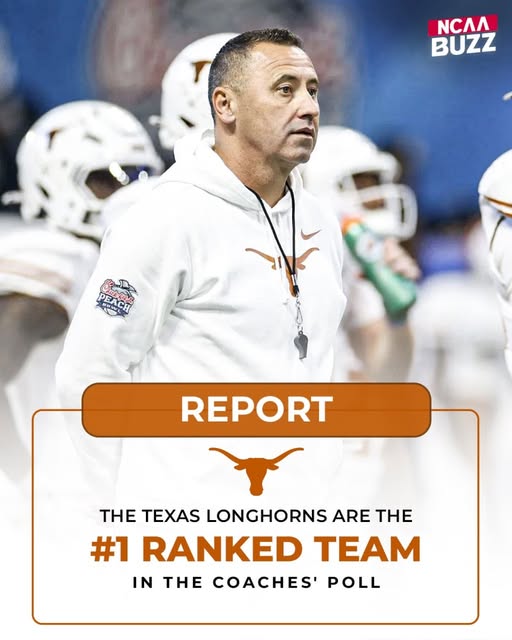Former Tennessee Vols Head Coach Jeremy Pruitt Leaves No Doubt How He Feels About Former Georgia Bulldogs Head Coach Mark Richt
Jeremy Pruitt has never been one to speak in half-measures. Whether during his time running defenses at Alabama, leading the Georgia Bulldogs as defensive coordinator, or in his turbulent tenure as head coach of the Tennessee Volunteers, Pruitt has made a name for himself as a straightforward, no-frills football mind. So when he recently opened up about his time in Athens and his relationship with former Georgia head coach Mark Richt, it was only fitting that he left no room for interpretation.
In a rare candid moment during a podcast appearance, Pruitt spoke openly about the respect he still holds for Richt, the man who gave him one of his biggest career opportunities back in 2014. Pruitt had just come off a national championship as Florida State’s defensive coordinator under Jimbo Fisher and was considered one of the hottest young minds in college football at the time. When Georgia came calling, Richt took a gamble on Pruitt, entrusting him with a defense that desperately needed new energy and focus.
Pruitt, never one to mince words, recalled that move as pivotal—not just for his career, but for his understanding of leadership and character in college football. He didn’t sugarcoat the early friction or the cultural gap that existed when he arrived in Athens. Georgia’s football program at the time had all the raw ingredients for success but was missing the edge that Pruitt felt was essential to winning big. He pushed hard. He challenged the status quo. And while it may have rubbed some in the building the wrong way, Richt never wavered in his support.
“I didn’t always make it easy,” Pruitt admitted. “I came in hard. I expected everyone to operate the way I did, to think the way I did. But Coach Richt never flinched. He never threw me under the bus. He backed me even when I was probably a little too blunt. That tells you all you need to know about the man.”
The two coaches came from starkly different molds. Richt, known for his calm demeanor, faith-centered leadership, and unshakable patience, had built a culture at Georgia based on consistency and class. Pruitt, by contrast, was a firebrand—a relentless tactician who demanded intensity and accountability at every turn. Their personalities clashed at times, but it was always rooted in a shared goal: making Georgia’s defense elite.
And in many ways, they succeeded. Under Pruitt’s leadership, Georgia’s defense jumped statistically, showing signs of becoming a dominant force again in the SEC. But more than just results on the field, it was the way Richt handled the behind-the-scenes tension that stuck with Pruitt. He described a specific moment during a particularly difficult stretch of the 2015 season when the pressure was mounting and rumors about staff discord were leaking into the media. Pruitt remembered a conversation with Richt in which he fully expected to be scolded or possibly even let go. Instead, Richt calmly offered a seat, took full responsibility for the team’s struggles, and asked Pruitt how he could help him succeed.
“That moment said everything to me,” Pruitt said. “It wasn’t about ego with him. He was always asking what he could do to serve others. You don’t forget that kind of leadership.”
After the 2015 season, Georgia parted ways with Richt—a decision that still stirs debate in Bulldog circles to this day. Pruitt wasn’t retained by the incoming staff and found his way back to Alabama, where he continued to build on his coaching résumé. Eventually, he’d become Tennessee’s head coach in 2018, taking over a program in disarray and attempting to bring the same discipline and defensive identity that had become his signature.
His time in Knoxville ended abruptly and controversially in 2021, following an NCAA investigation into recruiting violations. Pruitt’s reputation took a hit, and his name faded from the coaching spotlight. But through the ups and downs, he said, the example that Richt set stuck with him. When asked what he learned most from his time under Richt, Pruitt paused before answering.
“Grace,” he said. “I learned how to lead when things aren’t going your way. I learned that you can be tough and demanding, but you’ve got to show people you care. Coach Richt did that every day. And honestly, that’s probably what I wish I’d done a better job of later on.”
It’s not lost on observers that Pruitt’s reflection seems tinged with regret—not about football decisions, but about relationships and how he handled adversity. He didn’t blame others for his exit from Tennessee, nor did he try to rewrite history. But his admiration for Richt seemed to come with the recognition that leadership is as much about humility as it is about results.
Pruitt also addressed the way Richt has carried himself in retirement and during his battle with Parkinson’s disease. The former Georgia coach publicly revealed his diagnosis in 2021, and since then, he’s continued to be a visible and inspirational figure in the college football world. Pruitt spoke with visible emotion when mentioning Richt’s grace in the face of that fight.
“Coach Richt has handled that with the same kind of dignity and strength that he brought to every team he led,” Pruitt said. “He’s still teaching us, even now. Still showing us what it means to be a man, a leader, and a believer.”
The comments mark one of the rare times Pruitt has spoken publicly in depth since his departure from Tennessee. In the past, his interviews have been more guarded, more tactical. But this time, he seemed more introspective, more willing to open up about the people and moments that shaped him—not just as a coach, but as a person.
For Georgia fans, the endorsement might feel ironic. Pruitt’s time in Athens was turbulent. There were whispers of internal division, of culture clashes, and of staff members struggling to gel with his intense style. But all these years later, the one person you might expect to harbor resentment or criticism—Mark Richt—is instead remembered by Pruitt with absolute reverence.
And that says a lot.
College football is often defined by rivalries, power struggles, and the constant churn of egos battling for relevance. But every now and then, a story emerges that peels back the layers, revealing something more human underneath. Jeremy Pruitt’s comments about Mark Richt weren’t just about football. They were about gratitude, growth, and respect. He didn’t have to say it. There was no headline to chase, no agenda to promote. He just said what he felt, plainly and without hesitation.
“People ask me all the time, who’s the best coach you worked for,” Pruitt said near the end of the interview. “I’ve been around some great ones. Saban, Fisher, Smart. But in terms of being a man—being someone you’d want your son to play for—it’s Mark Richt. No doubt.”
In a sport where results are often measured only by wins and championships, it’s a powerful reminder that the impact of a coach can reach far beyond the scoreboard. Mark Richt may have never lifted a national championship trophy, but in the eyes of those he led, his legacy is already cemented in something much more enduring. And as Jeremy Pruitt’s heartfelt words make clear, that legacy lives on in the people he inspired—especially in those who, like Pruitt, learned what leadership really means by watching him live it.



